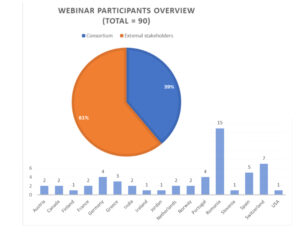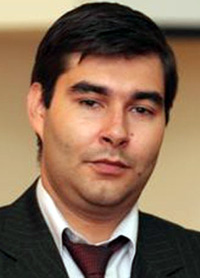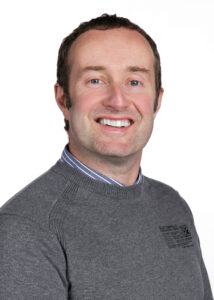Reinventing the in-person workshop: Community engagement in the times of COVID-19
By Bonnie Murphy/Ioana-Emilia Badea/Thomas Mikkelsen, GECO Global 9. June 2020
Ninety stakeholders from different countries across Europe and some participants from India have joined together for a day of discussions and interactions during the Business Model Innovation in Energy – The confluence of locality, digitization, and sector coupling webinar.
More specifically, the webinar explored the interconnection between energy sectors, technology solutions, and energy communities and how these dynamics affect the development of sustainable business models. Linking to the E-LAND pilot in UVTgv Romania, a special focus was given to what these dynamics mean for renewable energy planning at university campuses.
Stakeholders contributed to a successful webinar

The webinar has been successfully held as a temporary replacement for the #REM Forum, which was supposed to take place this year in April, in Switzerland. The webinar held by the E-LAND project was a broadly focused webinar related to work done in relation to the E-LAND project, specifically, the collaborations with different parties in localized regions.
Despite being a replacement event and presented in a virtual format, the webinar has proved to be a success, as it had higher numbers than initially expected.
Ambitions about becoming 100% renewable

Dorin LET, PhD.Eng. Scientific Researcher, UVTgv (Photo: Google pictures)
The E-LAND pilot site at the Valahia University of Târgoviște, in Romania, had a specific focus in this webinar as it is the central pilot case on Universities as energy islands. It is interesting to see that development and evolvement have created new visions, initiatives, and research opportunities, as explained by Research scientist at UVTgv, Dorin Let, in his presentation on tackling the issue of carbon-neutral university campuses and best practice scenarios. Besides solar, the university also has five operating wind turbines on site. When asked of his ambitions on becoming 100% renewable in the future, Dorin Let said that ‘’Yes, we do, for the entire campus site’’. He also hopes that ‘’our efforts will inspire you to actively move towards a zero-carbon economy’’.
Community engagement in times of COVID-19
With COVID-19 the whole world has experienced major disruptions and saw the established way of working and thinking has been challenged. The panelists at the webinar have touched upon this in their discussions.

NO REPRO FEE. Breffni Lennon, University College Cork. Photo by Tomas Tyner, UCC.
‘’The COVID-19 pandemic offers us, as individuals and as a society, an opportunity to re-evaluate how we structure and organize our lives. This is true for customer engagement and energy efficiency as it is for other aspects of our individual lived experiences. At a societal level, we need to move away from current limited (and limiting) consumer-oriented modes of thinking that lock citizens into false-choice narratives that actually disempower them. Instead, we must devise energy efficiency solutions from participatory engagements that learn from the lived experiences of citizens, who also happen to be consumers in their day-to-day lives’’ remarks one of the panellists of the webinar, Dr. Breffní Lennon, Senior Postdoctoral Researcher at CPPU/ERI.
To find out more about customer engagement and energy transition you can watch the whole webinar session below:
Social media
E-LAND updates